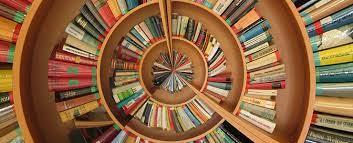English

Trends in Twentieth Century Drama
This course offers a comparative perspective on important trends in modern india. Through highly participatory pedagogic methods, the students are encouraged to share their special interest in examining specific themes, techniques of theatre representation, acting and writing. Definitions : the origin and function of drama. The connection between drama, leterature, theatre, cinema and performing arts. Historical overview of various trends in the West : Naturalism in the plays of Chekhov, lbsen strindberg.
Music Analysis through Computing
Students will learn to think about the following topics in terms of both musical representation (notation, terms for musical analysis) and the physical parameters involved (acoustic signal descriptions): · Pitch and rhythm · Instruments and their timbres · Transcription · Tuning systems and their musical/mathematical bases
Pagination
- Previous page
- Page 2
- Next page